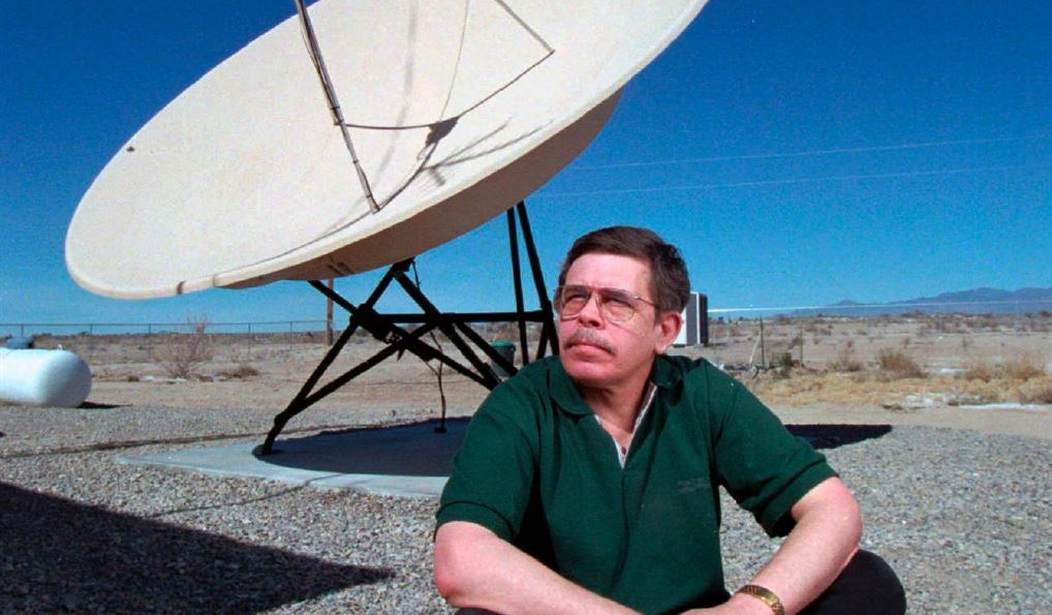If there’s one thing we’ve learned over the past three years, it’s that reading is now the sole purview of domestic terrorist Deplorables. Liberals no longer have any interest in such pursuits, preferring to outsource all of their critical thinking skill to our benevolent technocratic overlords.
Because Science™. Because Democracy™.
Via Vice (emphasis added):
If you've ever found it puzzling that ‘do your own research’ is a slogan for conspiracy theorists of all stripes, new research may have some answers.
While conventional wisdom holds that researching the veracity of fake news would reduce belief in misinformation, a study published on Wednesday in Nature has found that using online search engines to vet conspiracies can actually increase the chance that someone will believe it. The researchers point to a known problem in search called ‘data voids.’ Sometimes, there's not a lot of high-quality information to counter misleading headlines or surrounding fringe theories. So, when someone sees an article online about an ‘engineered famine’ due to COVID-19 lockdowns and vaccines, and conducts an unsophisticated search based on those keywords, they may find articles that reaffirm their bias.
This kind of “reporting” is right up Vice’s alley.
Related: Nazi Collaborator George Soros Reportedly Considers Buying Failed VICE Media
(For the record, the claim that COVID-19 lockdowns artificially induced mass starvation is conspiracy fact, not conspiracy theory. Famine in the developing world is the natural and predictable consequence of shutting down the highly interconnected and interdependent global economy. A child could have foreseen it, which means that the vaunted economists and Public Health™ criminals who pushed this agenda definitely foresaw it and are therefore arguably guilty of crimes against humanity.)
“COVID-related hunger could kill more people than the virus,” declared none other than the United Nations, noted anti-vax, domestic terrorist, right-wing conspiracy theorists. But let’s not let facts get in the way of a good narrative in the service of generating new censorship regimes.
Check out what the reputable scholars who put this much-needed study together, and who certainly don’t have any more worthy pursuits to help the world like solving world hunger induced by authoritarian COVID lockdowns, had to say.
Via Nature:
Our results indicate that those who search online to evaluate misinformation risk falling into data voids, or informational spaces in which there is corroborating evidence from low-quality sources. We also find consistent evidence that searching online to evaluate news increases belief in true news from low-quality sources, but inconsistent evidence that it increases belief in true news from mainstream sources. Our findings highlight the need for media literacy programmes to ground their recommendations in empirically tested strategies and for search engines to invest in solutions to the challenges identified here.
There you have the stunning admission: the problem identified in this study is not just that internet users are accessing “misinformation” (unapproved information) but that they are also accessing “true news from low-quality sources” instead of “true news from mainstream sources.”
Which begs the question: if the news is true in either case, why does its provenance matters?
The governing authorities, at the height of COVID, rolled out a fatwa against a new form of unapproved information, to be added to the “disinformation” and “misinformation” list: “malinformation.”
“Malinformation” refers to that which is “is true, but the sharing of it is meant to cause harm. Harm is derived from either the true statement being shared out of context or at a particularly vulnerable point for the malinformation target.”










